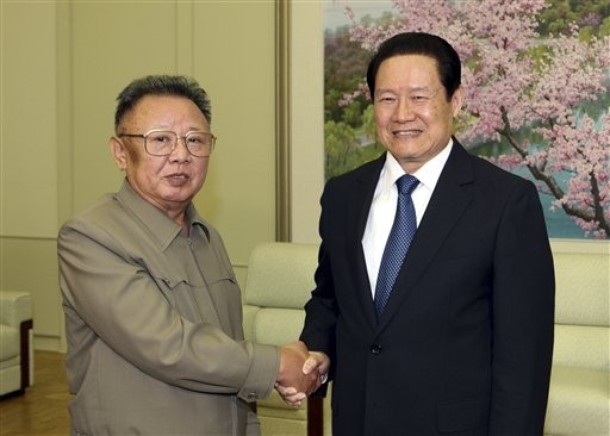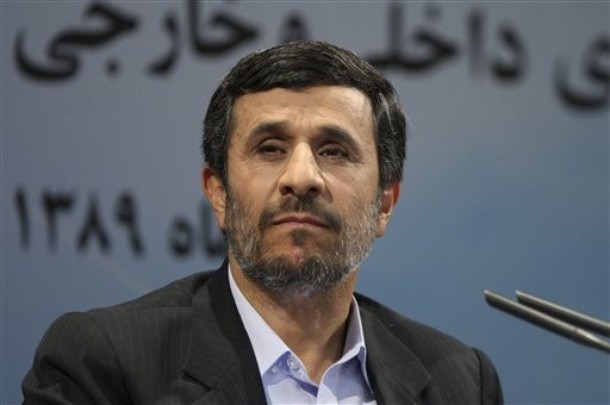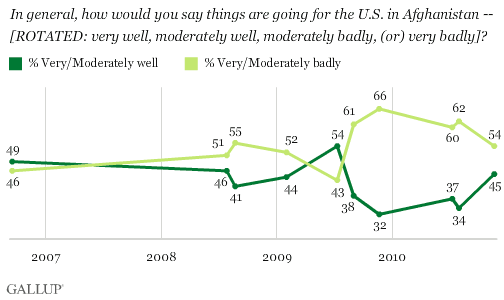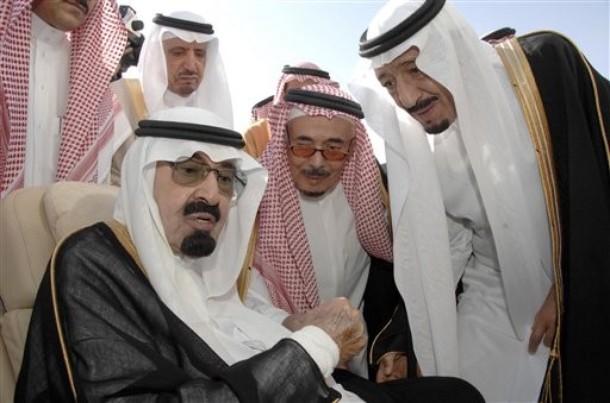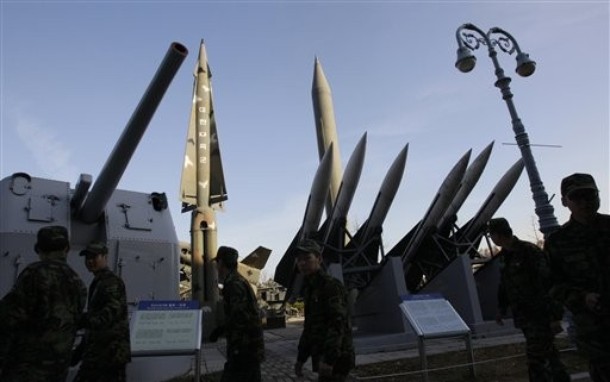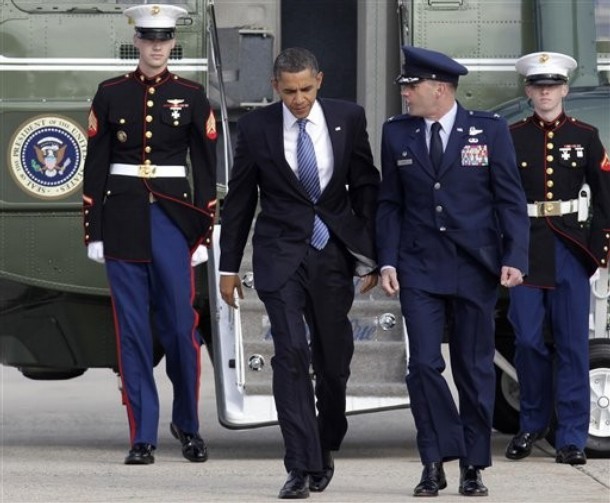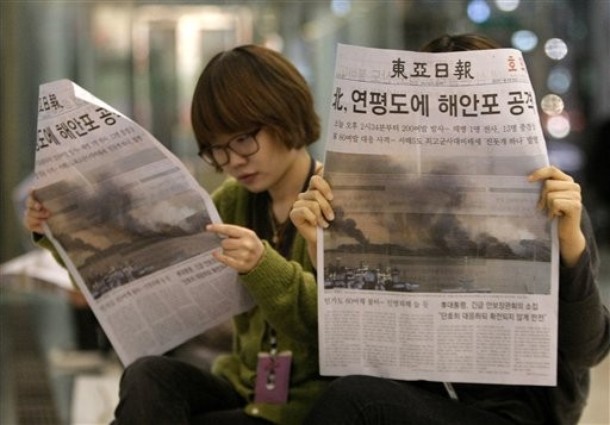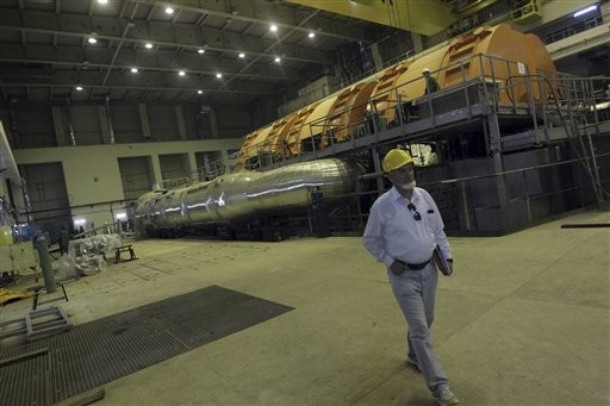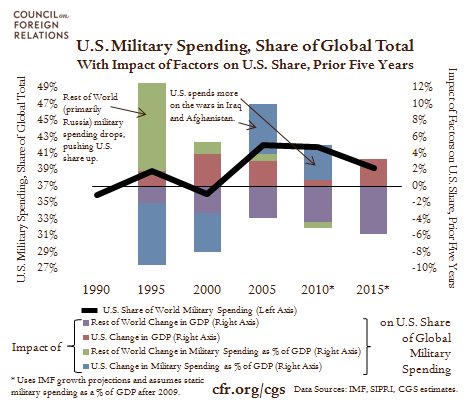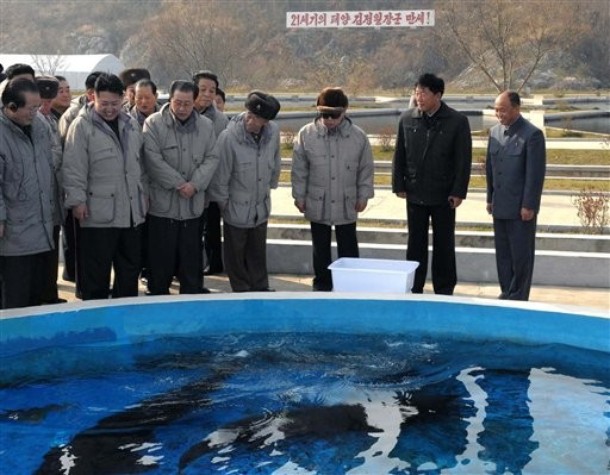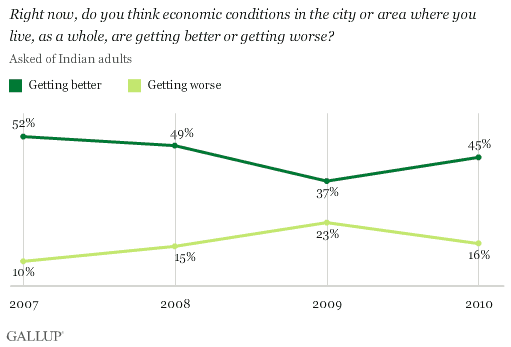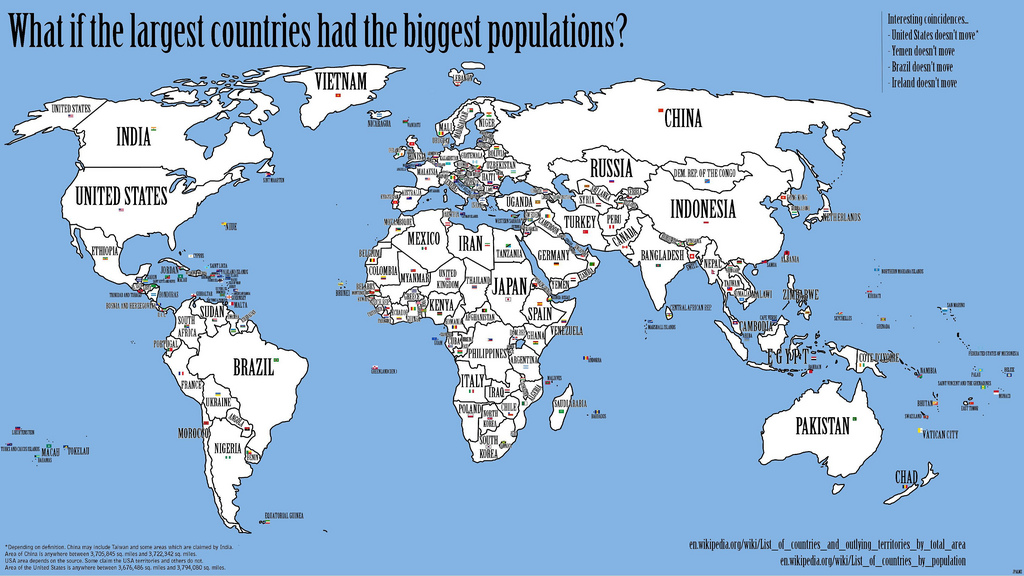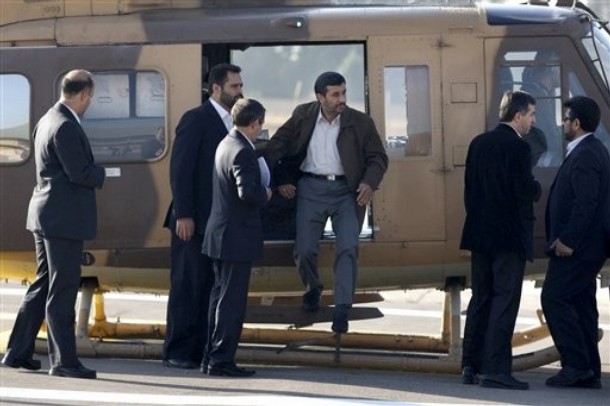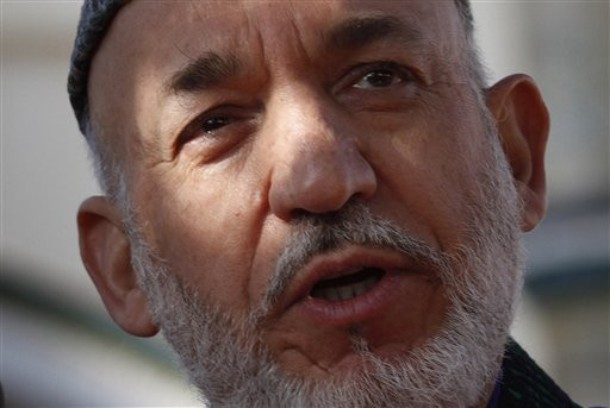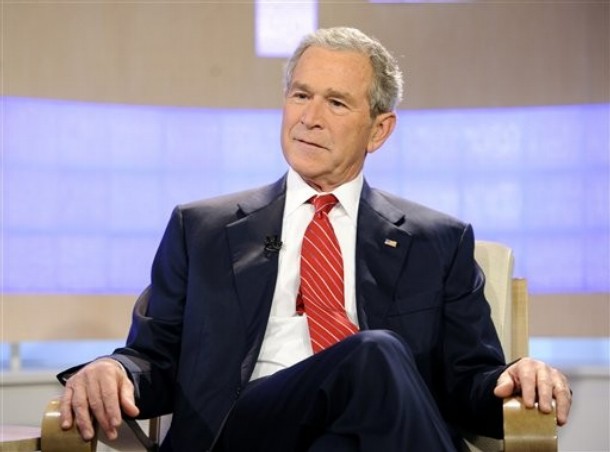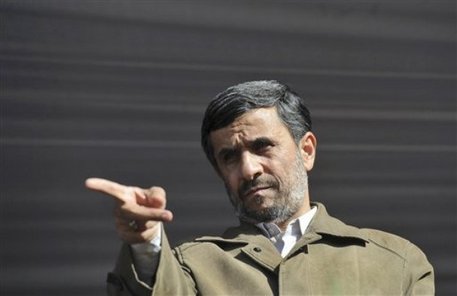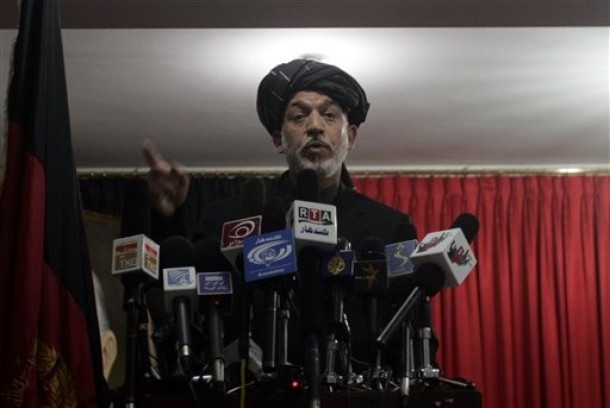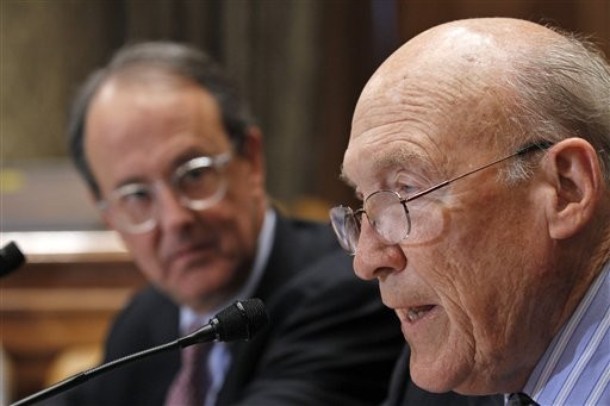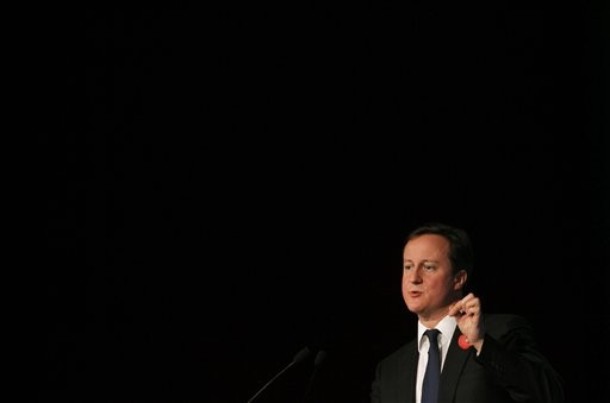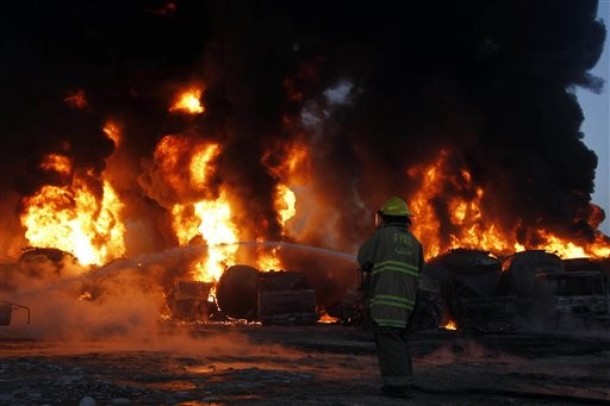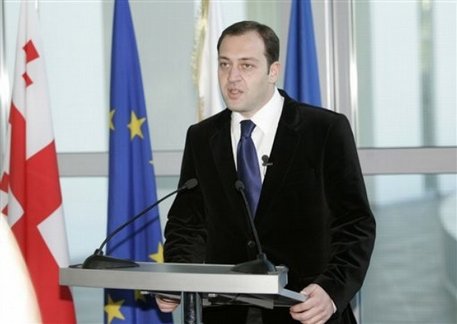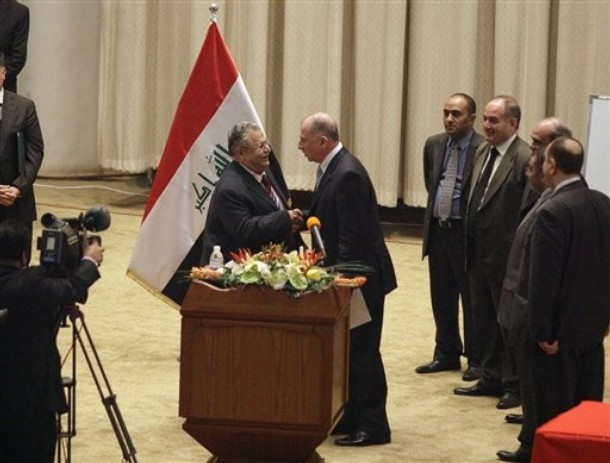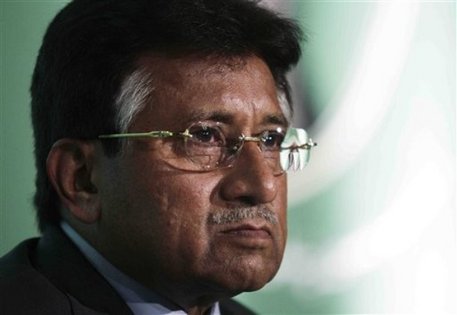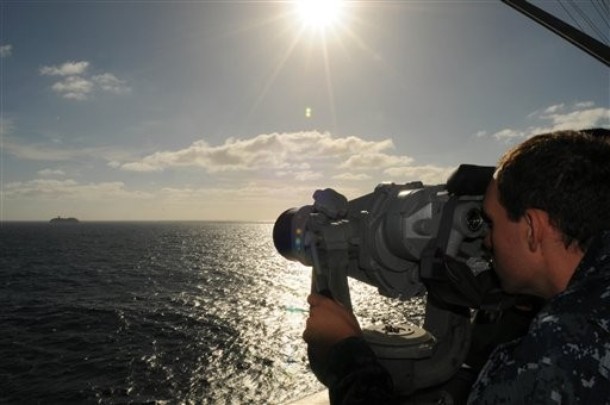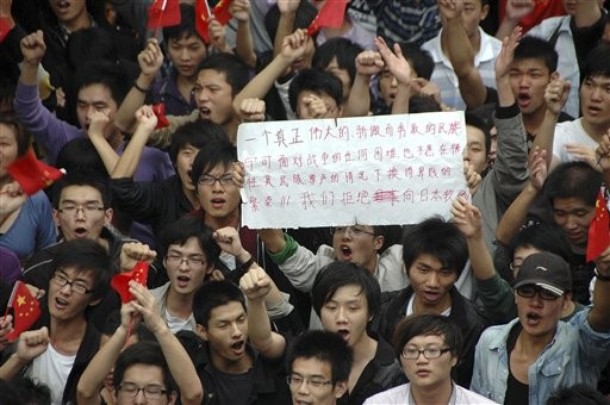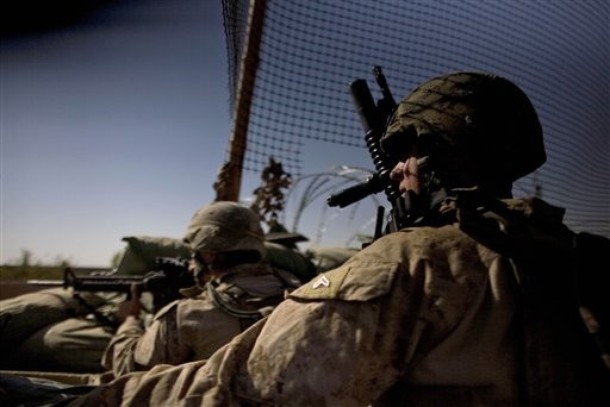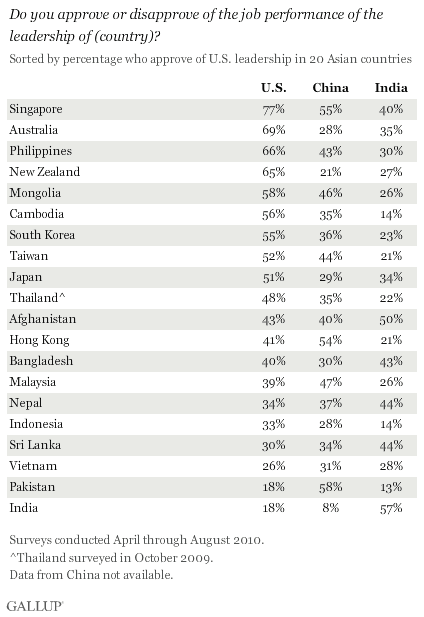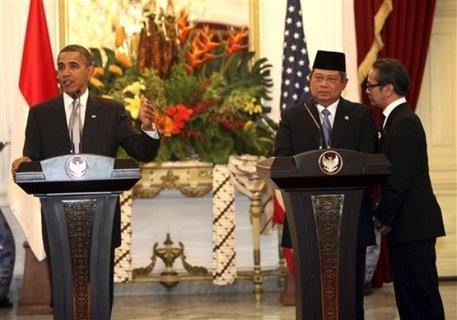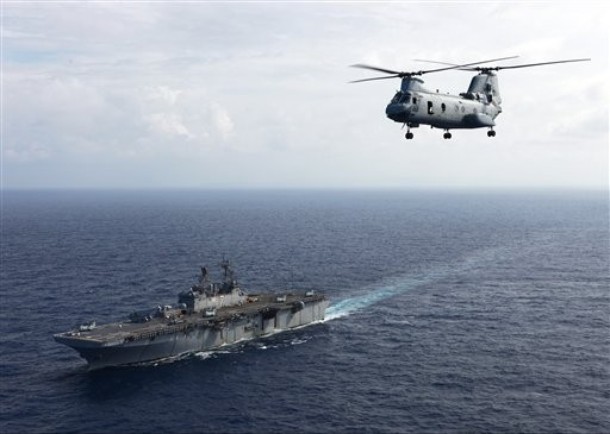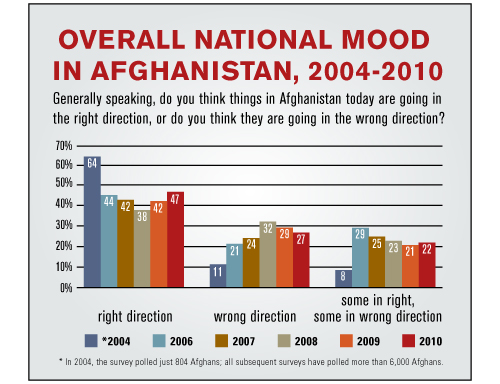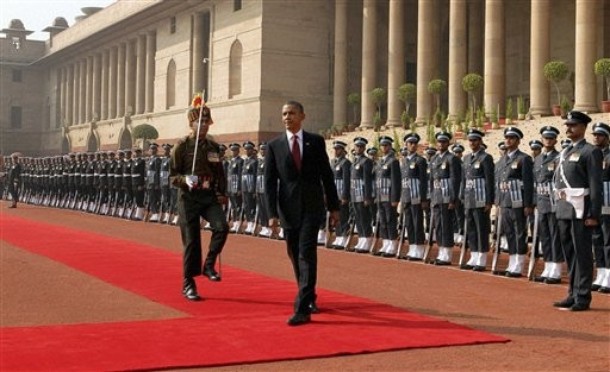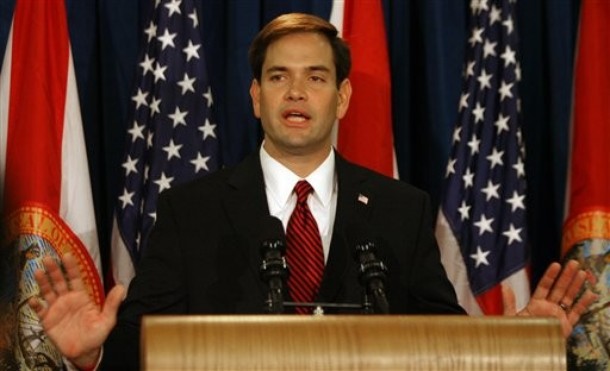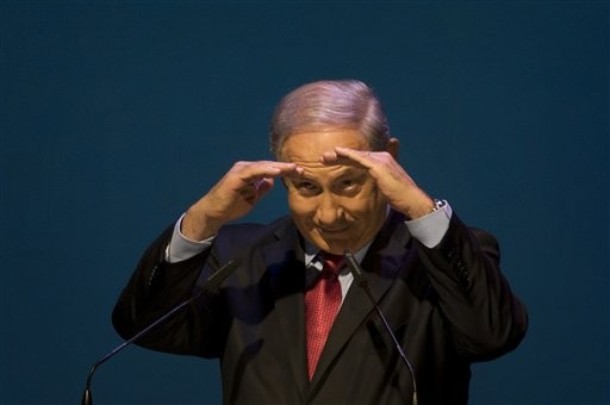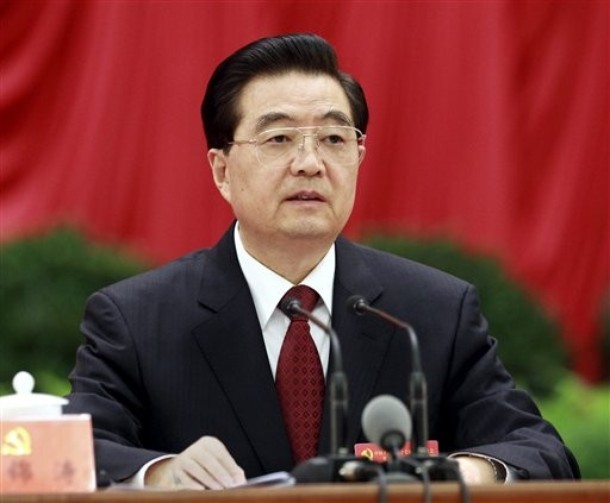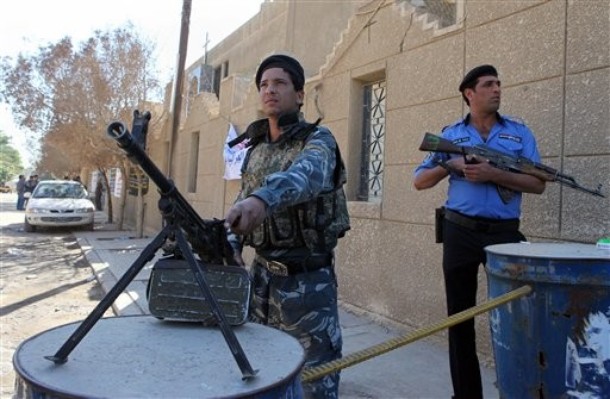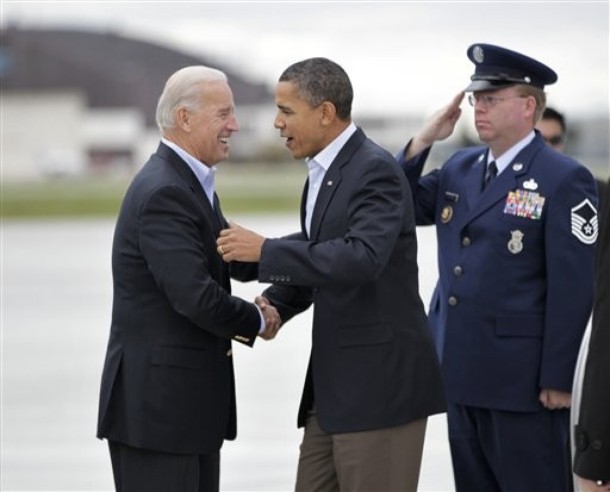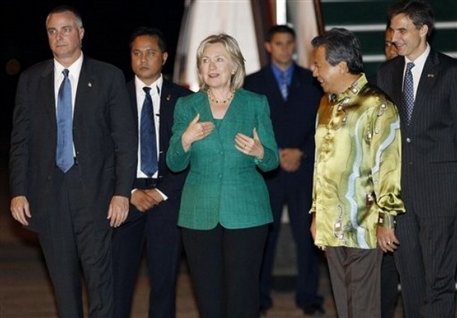Power & Expectations
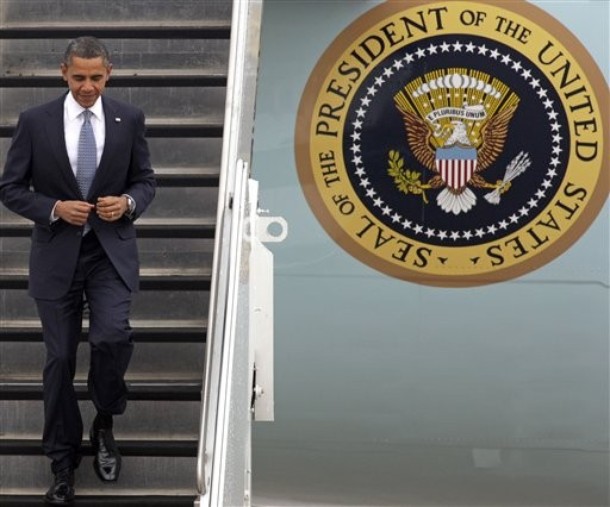
Politico's Ben Smith writes that American power ain't what it used to be:
"The impression is of the world's superpower roaming helpless in a world in which nobody behaves as bidden," wrote Sir Simon Jenkins in the left-leaning Guardian, one of the publications that were given the documents.And while his assessment of the documents themselves may be too harsh, the massive leak drives home yet again the limits of any American ability to control events around the world.
I think the problem here is the view that the U.S. - or any country - can "control events around the world." Shape? Yes, to a degree. Influence? Sure. Control? Not really. That's a rather grandiose claim and one that, as David Shorr notes, infects too much popular discourse about foreign policy - leading to unrealistic expectations. Like this:
It is certainly true that Obama inherited many of his foreign policy challenges. Iran was pursuing nukes back when he was in the Illinois state Senate, and North Korea has been crazy since before he was born. But Obama insisted that his would be the better way. Engagement, dialogue, kumbaya would all win the day.And yet they keep losing. A month after his inauguration, the North Koreans tested a ballistic missile. Since then, they've revealed yet another nuclear program and attacked South Korea just weeks after Obama's embarrassing failure to win a trade deal from Seoul during an official visit. Meanwhile, according to WikiLeaks and other sources, the North Koreans have been selling ballistic missiles to the Iranians.
One of the very early and obvious problems with Obama's foreign policy argument dating back to the campaign was that, rather than state the obvious - that some international problems are inherently difficult and "solutions" to them are often impossible to find - he tried to sell alternatives to Republican hawkishness as more effective. As I wrote two years ago:
Any debate about national security is rooted in a perception of American interests. Yet the Obama campaign has not focused much attention on defining what America’s fundamental security interests are – but on how best to manage them. On issues such as Iran and North Korea, the signature difference between the two parties is not over the extent to which these nations represent uniquely American problems (as opposed to regional ones), but the tools with which they propose to “solve” them....By conceding the premise of American security interests, it’s easy to see why Democrats keep losing the politics. If America is to be the world’s policeman, who is the more credible figure: the state trooper ready to club the bad guys, or the security guard at the mall, brandishing a walk-talkie?
Thus, the baseline for judging the Obama administration remains unreasonable - he hasn't talked Kim Jong-Il out of booze and porn! - and more modest but respectable achievements (imposing sanctions on Iran, improving ties in South Asia) look paltry in comparison. That's not to say the administration has done everything right or that breakthroughs are impossible, just that the talk of American decline often rests on an unrealistic view of what America could achieve even at the apex of her power.
(AP Photo)

